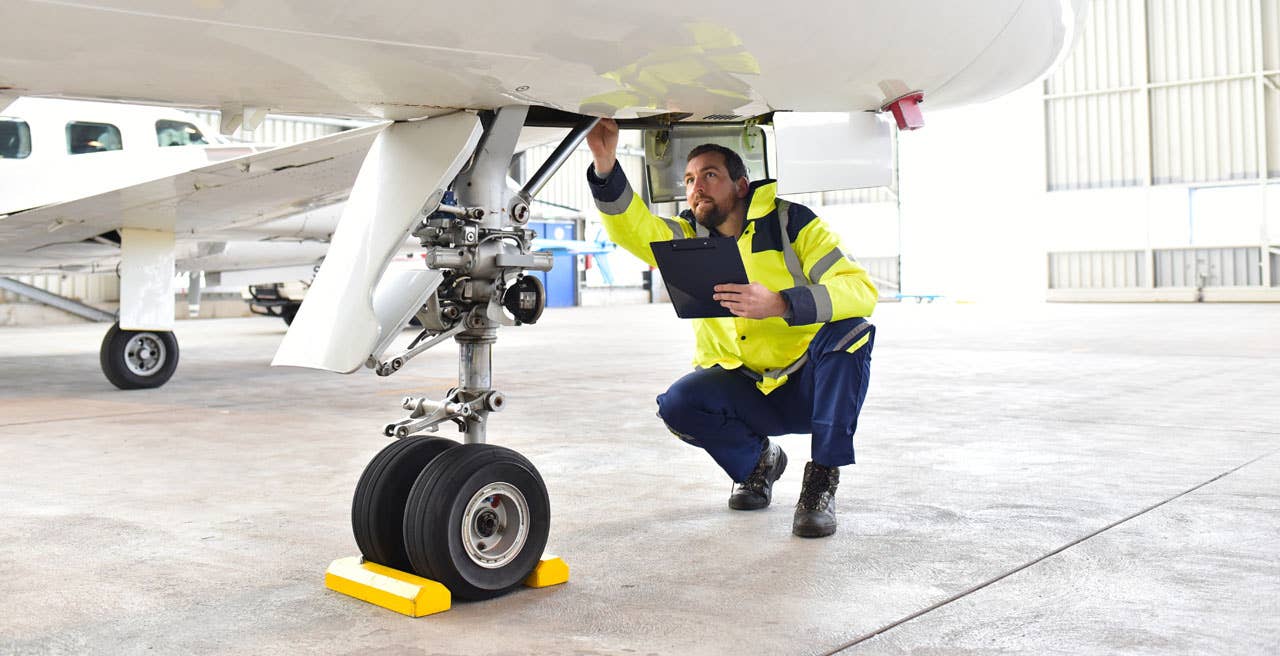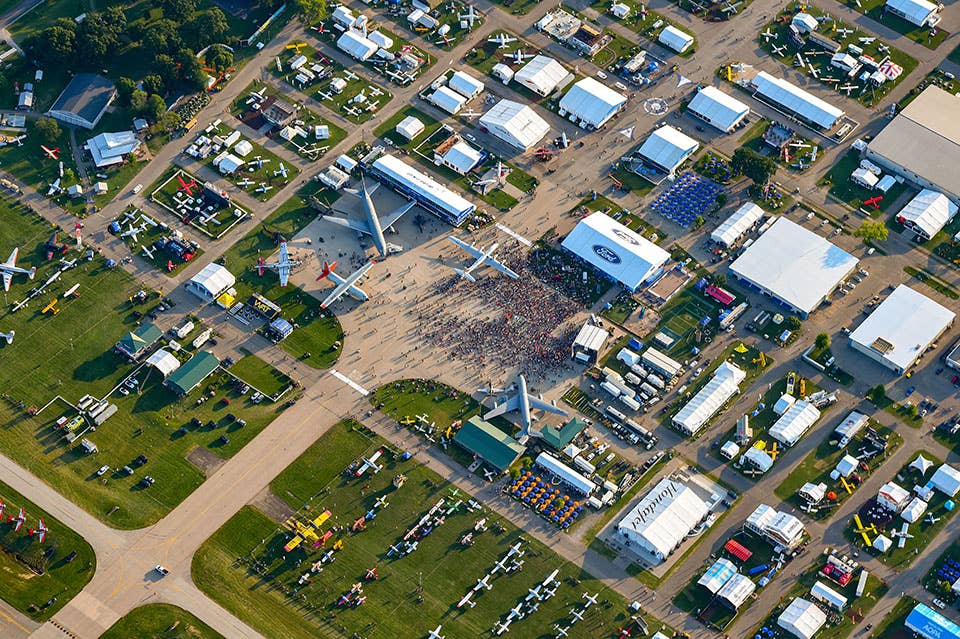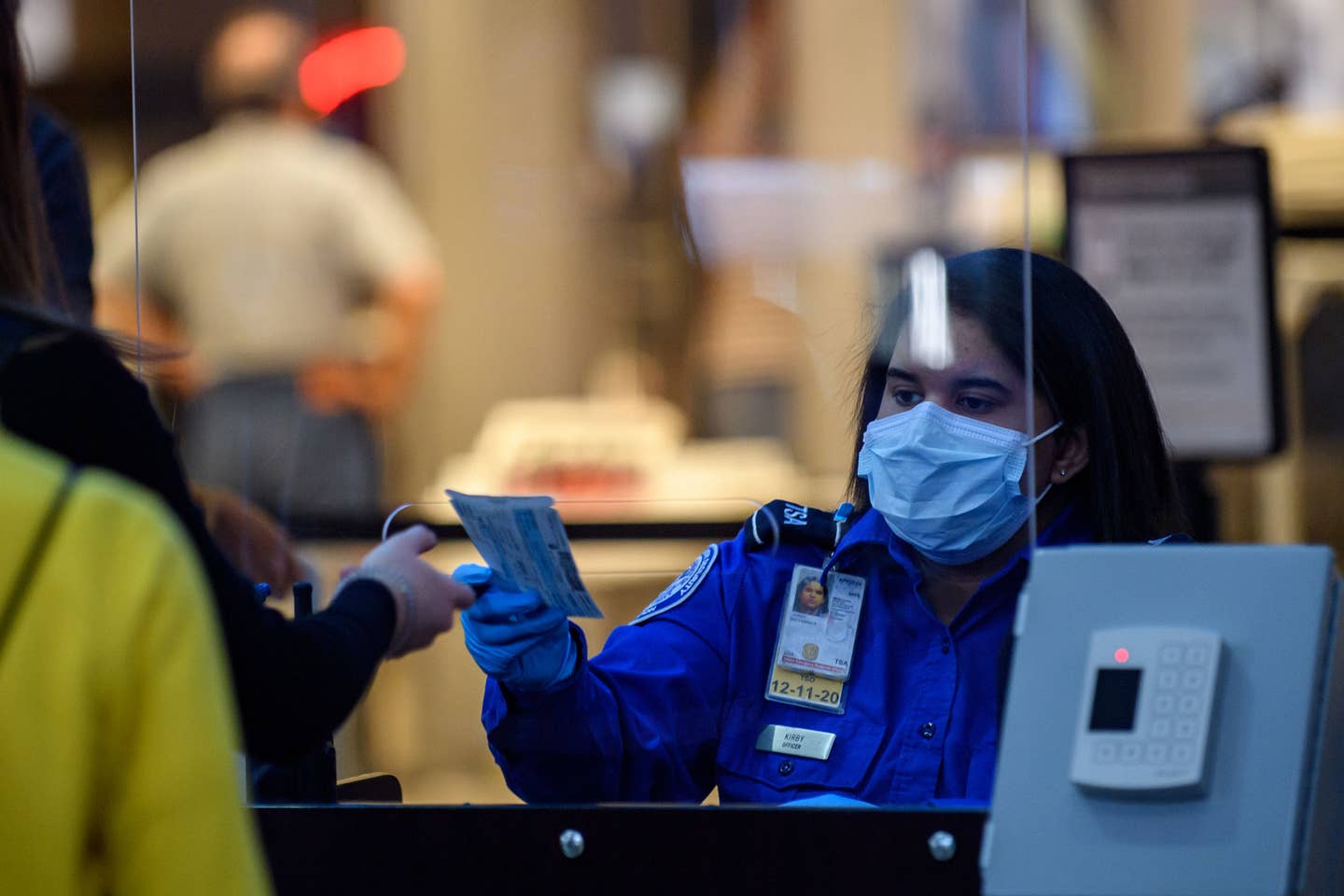Possible Sikorsky S-92 Grounding Follows Fatal Crash
Following the March 12 crash of a Sikorsky S-92 helicopter off the coast of Newfoundland that killed 17 people, both the U.S. and Canada are reportedly considering temporarily grounding the fleet. Some 90 S-92s are in operation throughout the world and though a cause of this month’s crash has not yet been determined, investigators have new concerns after finding a broken stud relating to the aircraft’s main gearbox oil filter system. Those parts had been the subject of a voluntary safety alert issued by Sikorsky that warned operators to replace certain titanium studs with steel replacement parts. Failure of the studs could lead to loss of oil pressure and potential loss of control. The Transportation Safety Board of Canada is leading the investigation and by Friday, the FAA had confirmed they were considering the action. Sikorsky has publicly supported the investigation but did not have additional details or recommended actions for operators by late last week. The pilots of this month’s crash aircraft reportedly declared a mayday minutes before the crash, citing a problem with the main gearbox oil pressure. The aircraft appeared to fly a controlled descent from 9,000 feet but lost control near 800 feet, according to early reports. Only one person survived.

 Following the March 12 crash of a Sikorsky S-92 helicopter off the coast of Newfoundland that killed 17 people, both the U.S. and Canada are reportedly considering temporarily grounding the fleet. Some 90 S-92s are in operation throughout the world and though a cause of this month's crash has not yet been determined, investigators have new concerns after finding a broken stud relating to the aircraft's main gearbox oil filter system. Those parts had been the subject of a voluntary safety alert issued by Sikorsky that warned operators to replace certain titanium studs with steel replacement parts. Failure of the studs could lead to loss of oil pressure and potential loss of control. The Transportation Safety Board of Canada is leading the investigation and by Friday, the FAA had confirmed they were considering the action. Sikorsky has publicly supported the investigation but did not have additional details or recommended actions for operators by late last week. The pilots of this month's crash aircraft reportedly declared a mayday minutes before the crash, citing a problem with the main gearbox oil pressure. The aircraft appeared to fly a controlled descent from 9,000 feet but lost control near 800 feet, according to early reports. Only one person survived.
Following the March 12 crash of a Sikorsky S-92 helicopter off the coast of Newfoundland that killed 17 people, both the U.S. and Canada are reportedly considering temporarily grounding the fleet. Some 90 S-92s are in operation throughout the world and though a cause of this month's crash has not yet been determined, investigators have new concerns after finding a broken stud relating to the aircraft's main gearbox oil filter system. Those parts had been the subject of a voluntary safety alert issued by Sikorsky that warned operators to replace certain titanium studs with steel replacement parts. Failure of the studs could lead to loss of oil pressure and potential loss of control. The Transportation Safety Board of Canada is leading the investigation and by Friday, the FAA had confirmed they were considering the action. Sikorsky has publicly supported the investigation but did not have additional details or recommended actions for operators by late last week. The pilots of this month's crash aircraft reportedly declared a mayday minutes before the crash, citing a problem with the main gearbox oil pressure. The aircraft appeared to fly a controlled descent from 9,000 feet but lost control near 800 feet, according to early reports. Only one person survived.
At the time of this writing, investigators had not yet determined if the accident aircraft's gear box studs had broken prior to or after the accident. Canadian officials stated that Canada had a strong history in helicopter safety -- particularly for medical flights. In that facet of aviation, Canada's last fatality occurred in the 1970.






